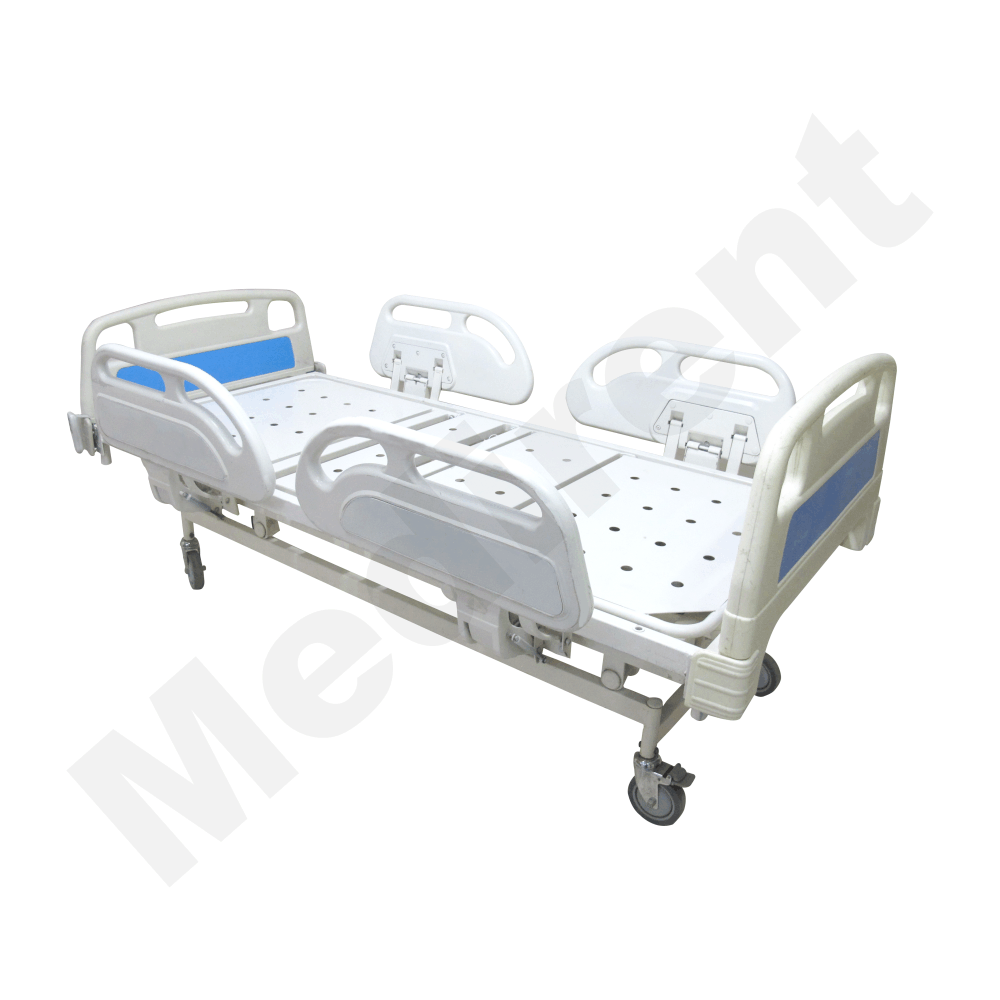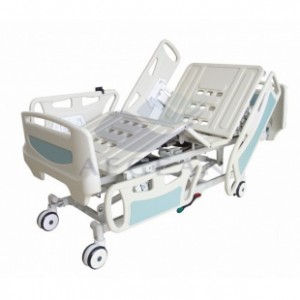The intensive care unit, or ICU, is a specialized hospital department that provides high-level care to critically ill patients. It is a place where patients with serious or life-threatening conditions can receive round-the-clock monitoring and support from a team of medical professionals. The primary function of the ICU is to stabilize patients and prevent their conditions from worsening.
One of the main goals of the ICU is to identify and treat any underlying conditions that may be contributing to a patient's illness. For example, if a patient is suffering from sepsis, a potentially life-threatening condition caused by an infection, the ICU team may administer antibiotics and other medications to help fight the infection and reduce inflammation.
In addition to treating underlying conditions, the ICU also provides support to patients through various means. This may include providing oxygen therapy to help improve breathing, administering medications to manage pain and discomfort, or using mechanical ventilation to assist with breathing. The ICU team may also use a variety of monitoring devices, such as heart monitors and blood pressure cuffs, to track a patient's vital signs and detect any changes that may indicate a need for intervention.
Another important function of the ICU is to provide emotional and psychological support to both patients and their families. The ICU can be a very stressful and anxiety-provoking place, and the team works to ensure that patients and their loved ones feel as comfortable and supported as possible. This may involve providing information and education about the patient's condition and treatment, as well as offering counseling and support services to help manage stress and anxiety.
Overall, the ICU plays a vital role in the healthcare system by providing high-level care to critically ill patients. Its primary function is to stabilize patients and prevent their conditions from worsening, but it also provides support and treatment for underlying conditions, monitors and tracks vital signs, and offers emotional and psychological support to patients and their families.








